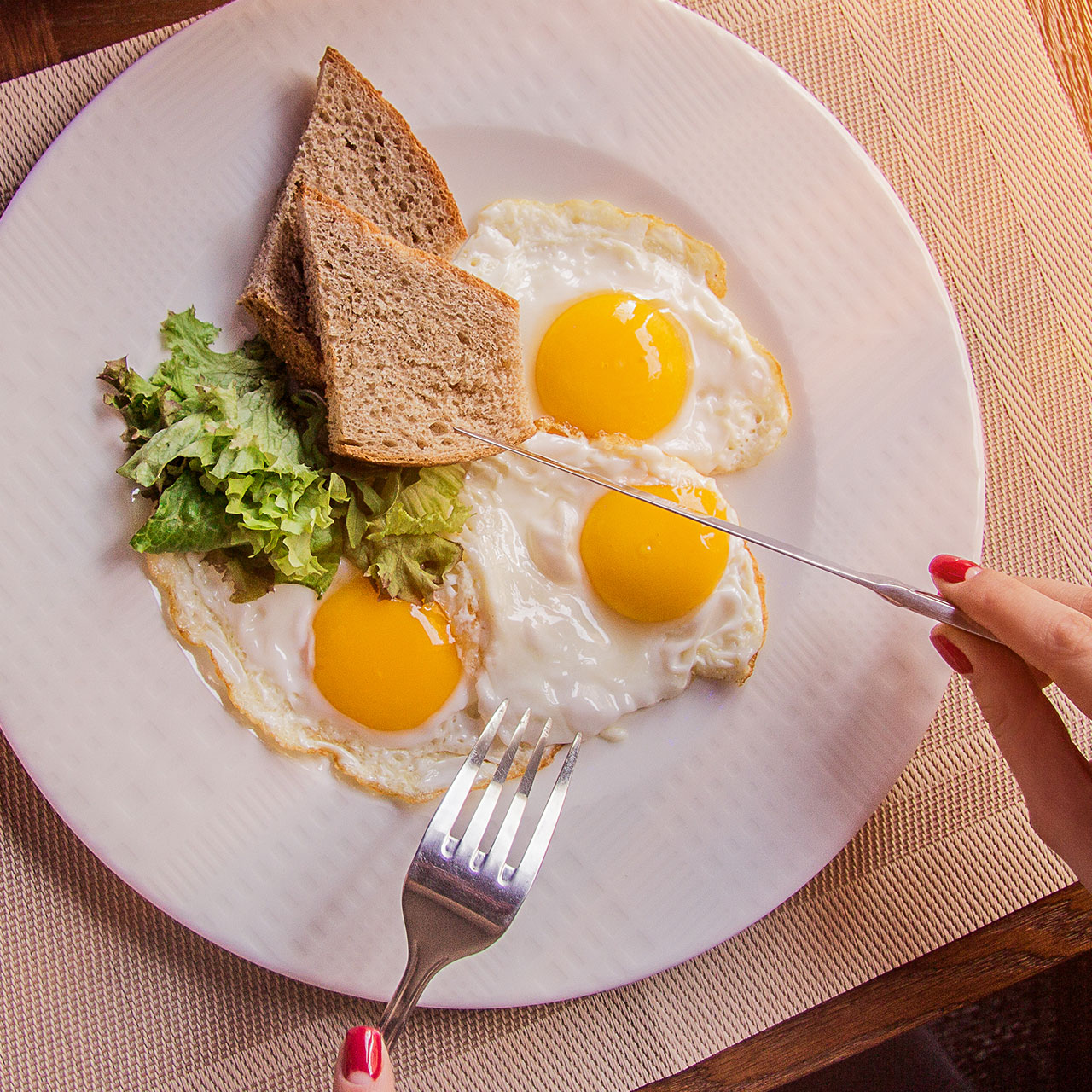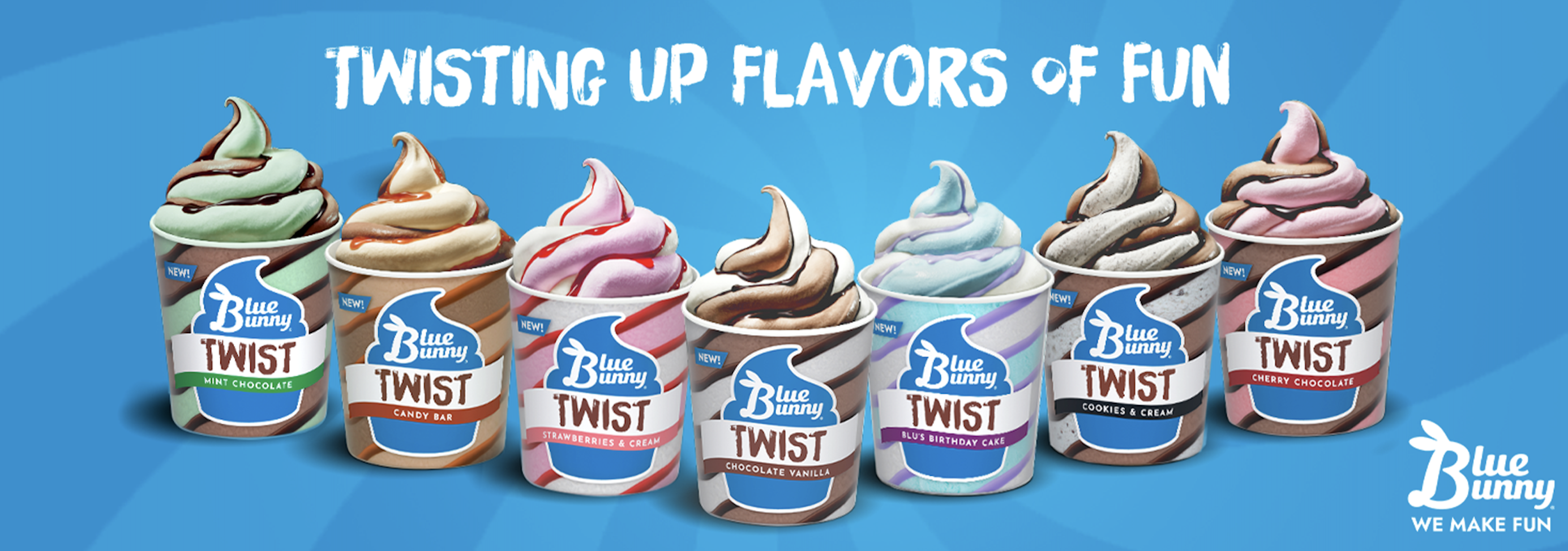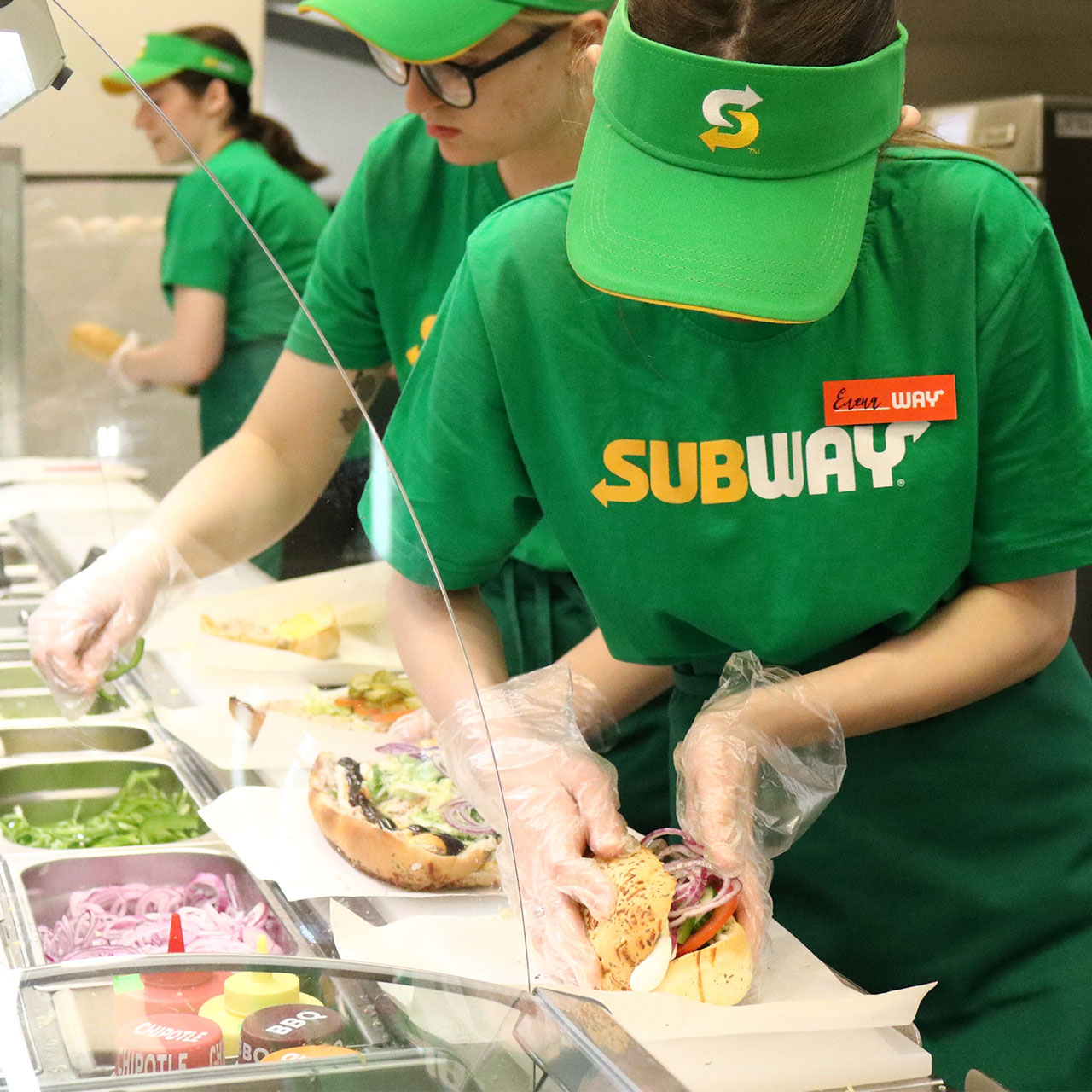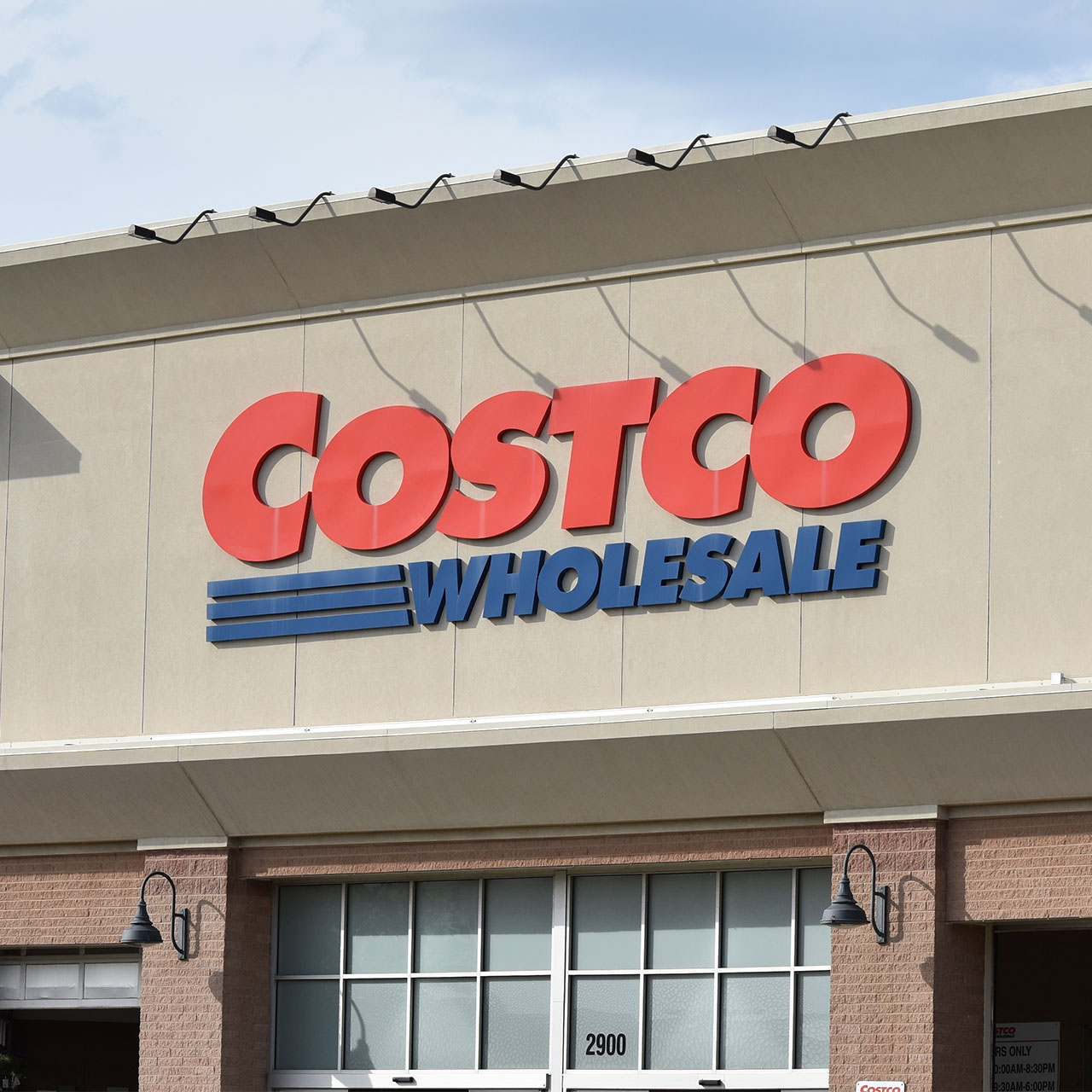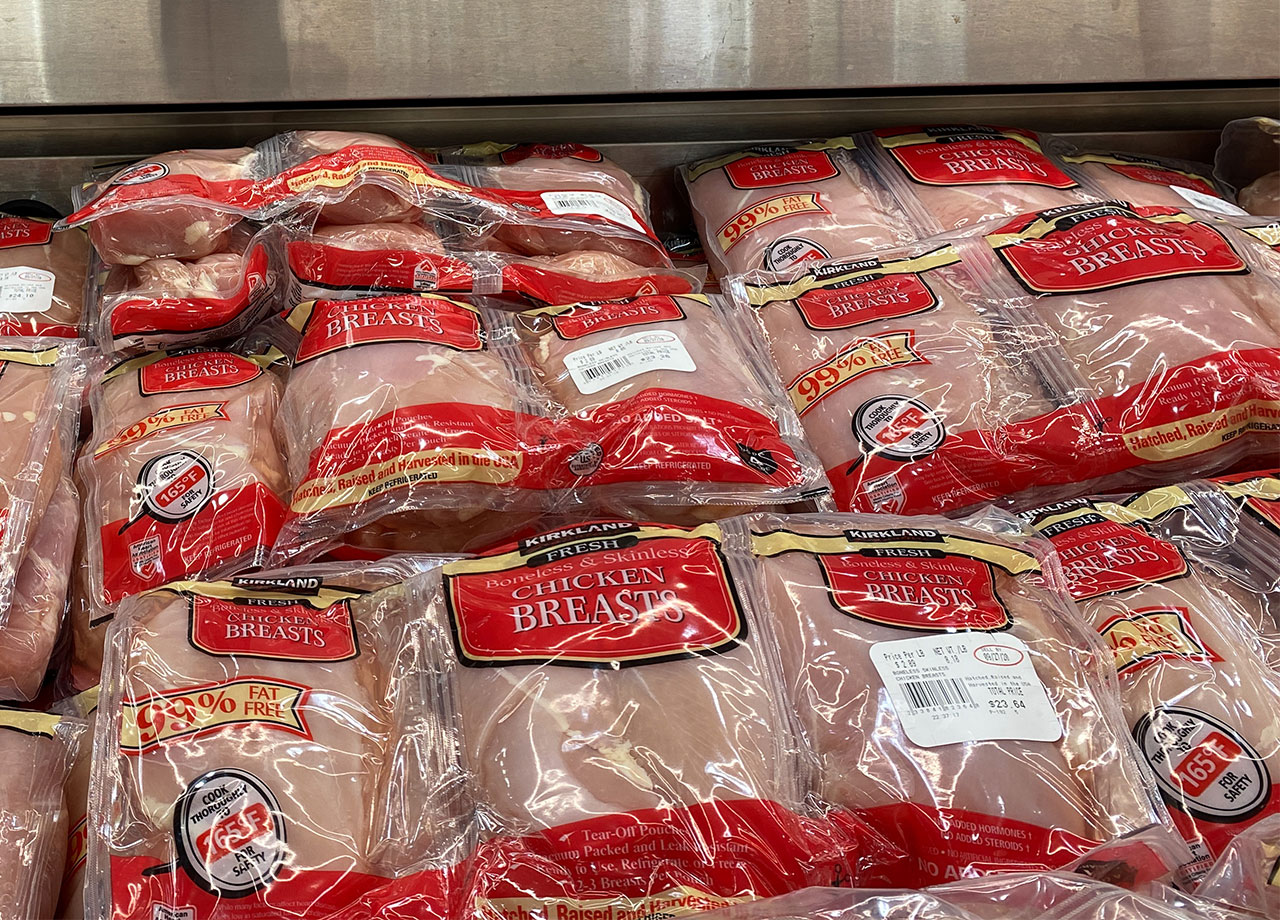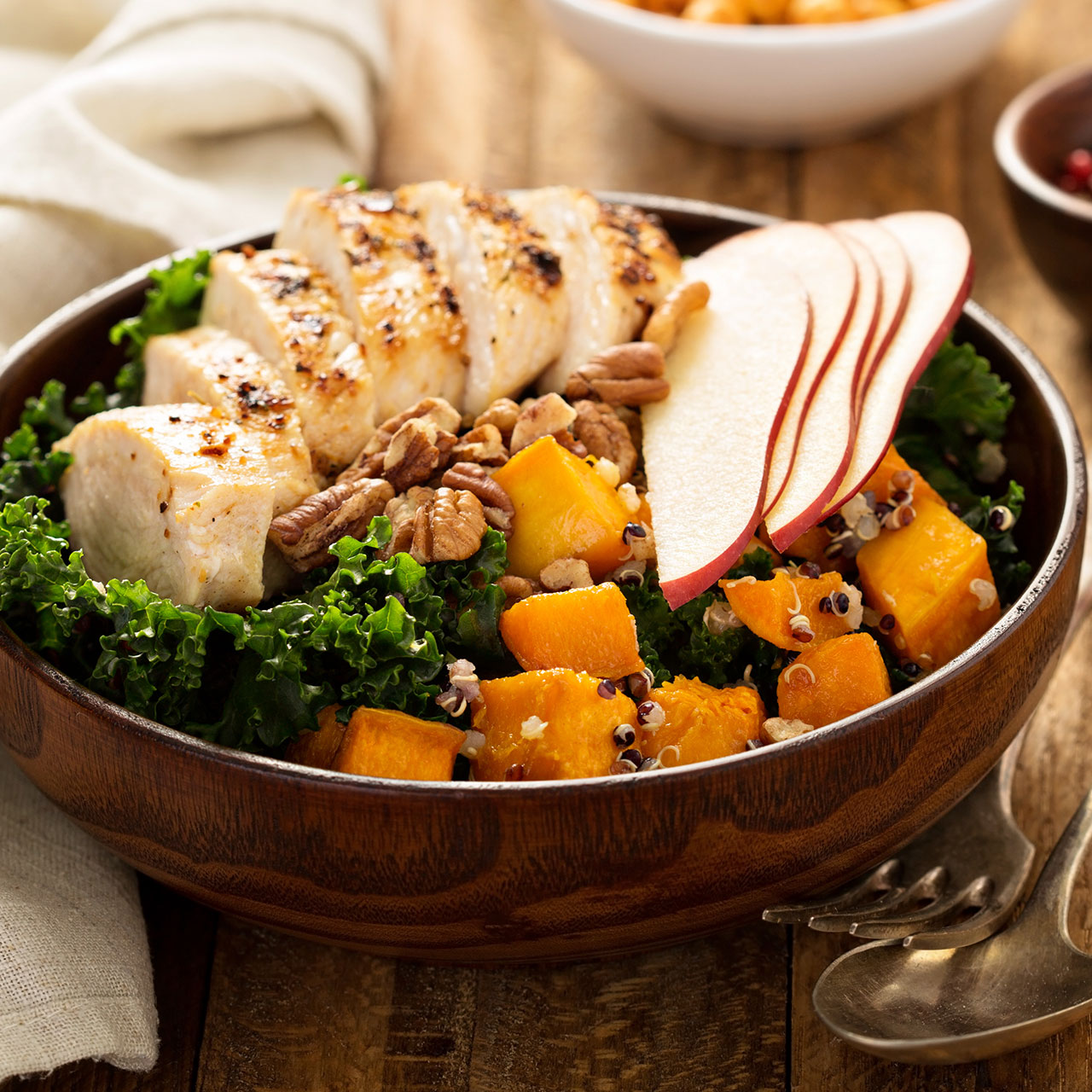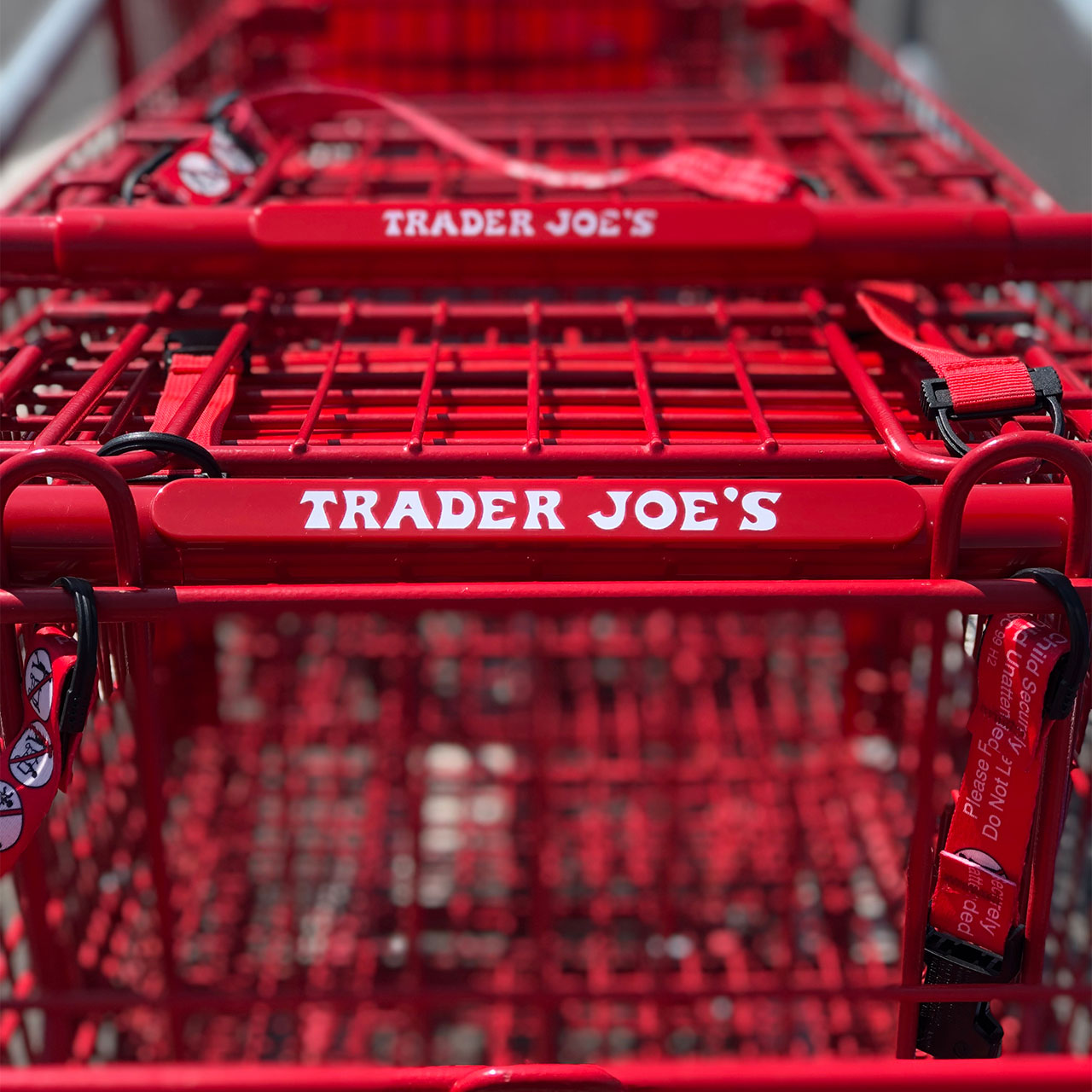This is an archived article and the information in the story may be outdated. Please check the time stamp on the story to see when it was updated last.
We always hear the same advice when it comes to getting healthier—exercise regularly, eat lots of fruits and vegetables, and avoid junk food when possible. However, depending on your own personal conditions and health history, it may not be that simple. It’s important to eat a wide variety of healthy foods, but even foods that are “healthy” can have a negative impact on your body. Particularly if you struggle with bloating and inflammation, there are lots of vegetables that may seem like an important addition to your diet, but should actually be avoided.


“The vegetables where we see the most amount of bloating are usually vegetables from the brassica family that are eaten raw.” Says Pamela Barton, R.H.N., NNCP, founder of Butterfly Holistic Nutrition. The four main vegetables that Barton references are cauliflower, cabbage, broccoli or Brussels sprouts. “In general vegetables are anti-inflammatory and are rather beneficial to lower inflammation. If you are sensitive to certain vegetables however, these foods could then contribute to inflammation.” Barton stresses that this is extremely individualized—there are no vegetables that are inherently “bad.” For this reason, it’s important to learn about your own personal triggers so you can create a diet custom tailored to your needs.
What about these vegetables can cause heightened symptoms in those that suffer from inflammation and bloating? “Brassica (cruciferous) vegetables contain a lot of sulfur, a complex carbohydrate that we lack the enzymes to digest. The gut bacteria will ferment these foods and the fermentation end product are gases that will bloat the intestines until the food passes through,” she says, “The better our digestive health though, the less bloating we will experience when eating healthy fibre rich vegetables.”
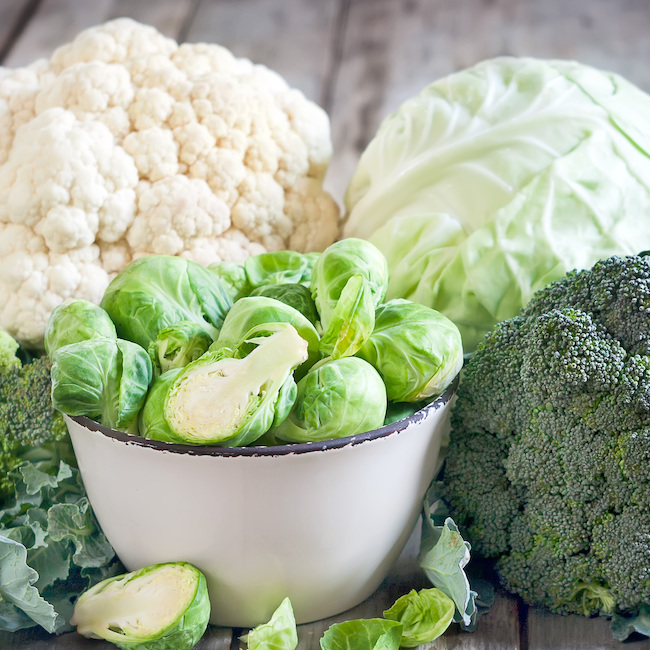
Cruciferous vegetables do still hold a number of benefits, two being that they’re typically rich in folate and Vitamin K. So, if you do enjoy eating them, all's not lost. There are ways you can prepare them to avoid the downsides. “If bloating is a concern, you can reduce the bloating producing substances by cooking the vegetables instead of eating them raw,” Barton says, “Also, make sure to chew the foods properly. Digestion starts in the mouth and we want to break down the foods there as best as possible to aid in further digestion.”
There are plenty of other things you can do to reduce bloating and inflammation as well. “If you want to enjoy your vegetables raw, you can add cumin to cruciferous vegetables and beans to lessen the bloating effect. Turmeric also helps with inflammation and can be used on all vegetable dishes. My recommendation is to cook your vegetables and this way you can enjoy all of the vegetables that are available to you.”
While these are all helpful tips, the best way to avoid these issues is to invest in your gut health. “The better your digestion is in general, the less bloating and inflammation will you experience.”




